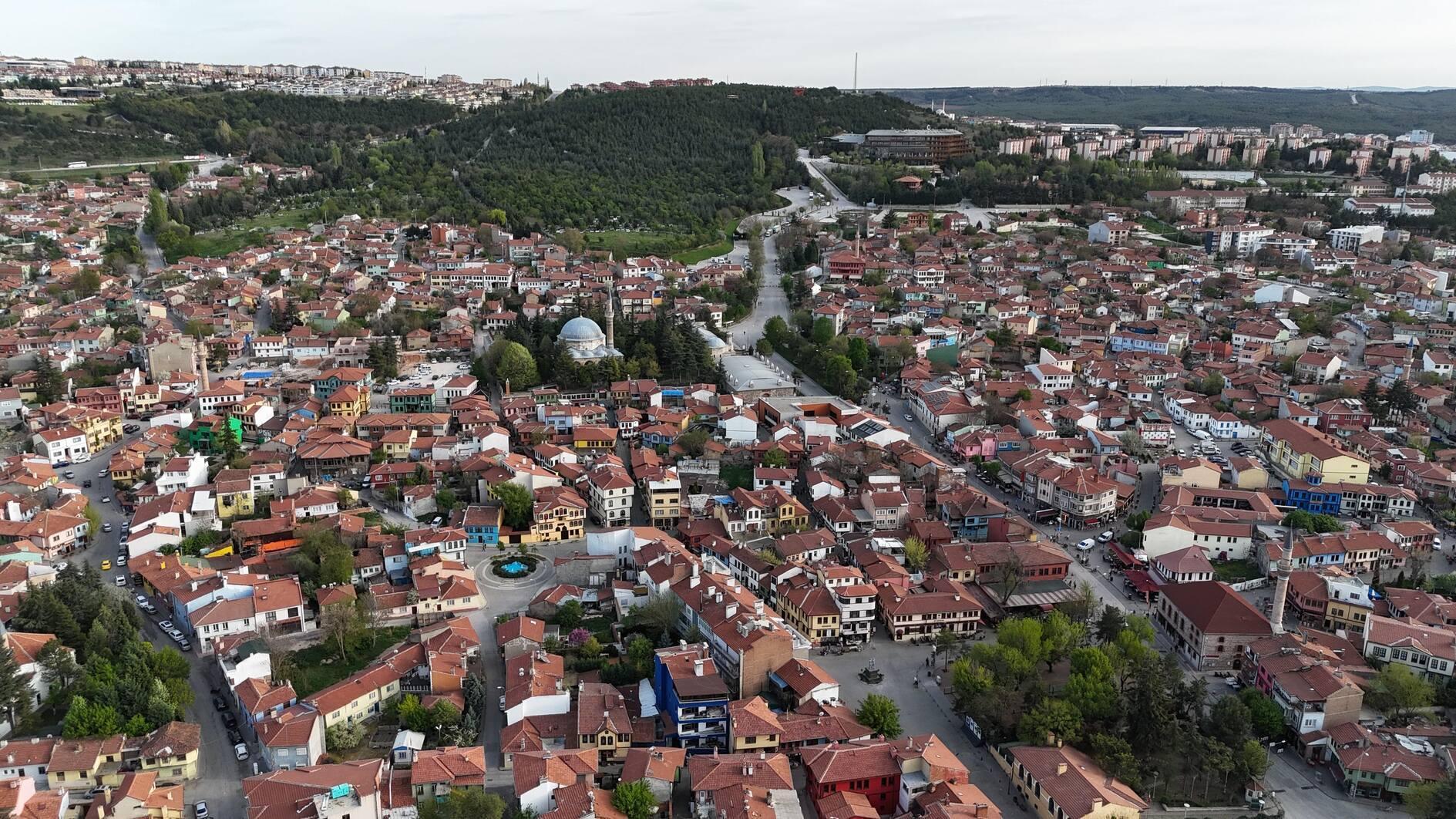Friendly missiles, brotherly bombs
BURAK BEKDİL
If this is what Foreign Minister Ahmet Davutoğlu meant by regional peace, he was right. Well, at least partly.
His policies seem to be yielding the much-desired goal: peace and cooperation in our region. Israeli Deputy Foreign Minister Danny Ayalon, the famous inventor of “low-table diplomacy,” has declared Greece a strategically important country and spoke of “making Greece and [President Abdullah Gül’s ‘half-state’] Cyprus distribution centers for Israeli natural gas in [President Gül’s ‘miserable’] Europe.”
Some Greek Cypriots have suggested a security alliance with Israel. Recently, Israeli fighter pilots trained over Cypriot skies, and Jerusalem has stepped up naval patrols around the largest hydrocarbon fields, Leviathan and Tamar, off Cyprus where the U.S. Company Noble Energy is preparing to drill. Perhaps the Cypriot-Israeli security alliance is already a fact, not just a suggestion.
Meanwhile, Lebanon, which is technically at war with Israel (and where Prime Minister Recep Tayyip Erdoğan is a hero for the folk but much less so for the Hezbollah), is in talks with Cyprus to pave the way for the ratification of a 2007 agreement freeing their offshore territories. In addition, Lebanon and Cyprus plan to construct a high-capacity submarine cable system between their territories. The network will provide connectivity to European destinations, forming a telecom bridge between the Middle East and Europe. All so nice, extremely cooperative, and regionally peaceful. Thank you, Professor Davutoğlu.
But there is a minor problem about Mr. Davutoğlu’s ambitions for regional peace. A couple of years previously – when Turkey’s relations with its Muslim neighbors were “oh-so-friendly-and-brotherly” and everyone loved to talk about zero problems with our neighbors – I advised in this column for everyone “to turn around and run away when Ankara talks about peace.” Mr. Davutoğlu’s policy-making in the last two years may have built peace and enhanced cooperation between the Hellenic countries and Lebanon and Israel in a geostrategic realignment. But the minor problem is that that policy-making had intended to build peace and enhance cooperation between Turkey and its neighbors, not between Turkey’s adversaries and one-time allies.
The Iranian press (i.e., the Iranian government) has claimed that Syrian SCUD missiles are now targeting Turkish territory. And a senior Iranian commander has warned that Iran would bomb Turkey if the United States or Israel destroyed its nuclear installations.
In 2009, “zero problems with our neighbors” was a fancy, five-word line. Today it means punishing Kurdistan Workers’ Party (PKK) attacks from northern Iraq and Turkish air raids in retaliation; Syrian SCUDs targeting Turkey; and an Iranian threat to bomb Turkish soil. It also means a Turkish threat to guard every flotilla bound for Gaza with warships and fighter jets (a threat that was wisely not acted upon when two such ships sailed for Gaza at the beginning of November); and a Turkish threat to use force to prevent any Israeli and Cypriot exploration for oil or gas in the eastern Mediterranean. The neo-Ottomans in Ankara insist that no exploration can proceed.
Ironically, Turkey has joined the Arab League’s 22 members for sanctions against Bashar al-Assad’s Syria where the regime oppresses its own people. It must be the joke of the century that a club of emirates and kingdoms and shariah states, where oppression is not even “news,” where their own people get lashes, stoning and all kinds of stone-age cruelty as legal punishment (and including Sudan, whose president has an international arrest warrant for crimes against humanity), plus Turkey, where dissent is a dangerous game, will teach the despot of Damascus to nicely behave to his own people.
And to teach the Greeks and Greek Cypriots a lesson, Turkey’s state energy company will explore for hydrocarbons in the (full state!) Turkish Republic of Northern Cyprus. Good luck, gentlemen. I insist that my humble advice remains in place: When Ankara talks about peace, just turn around and run away.










